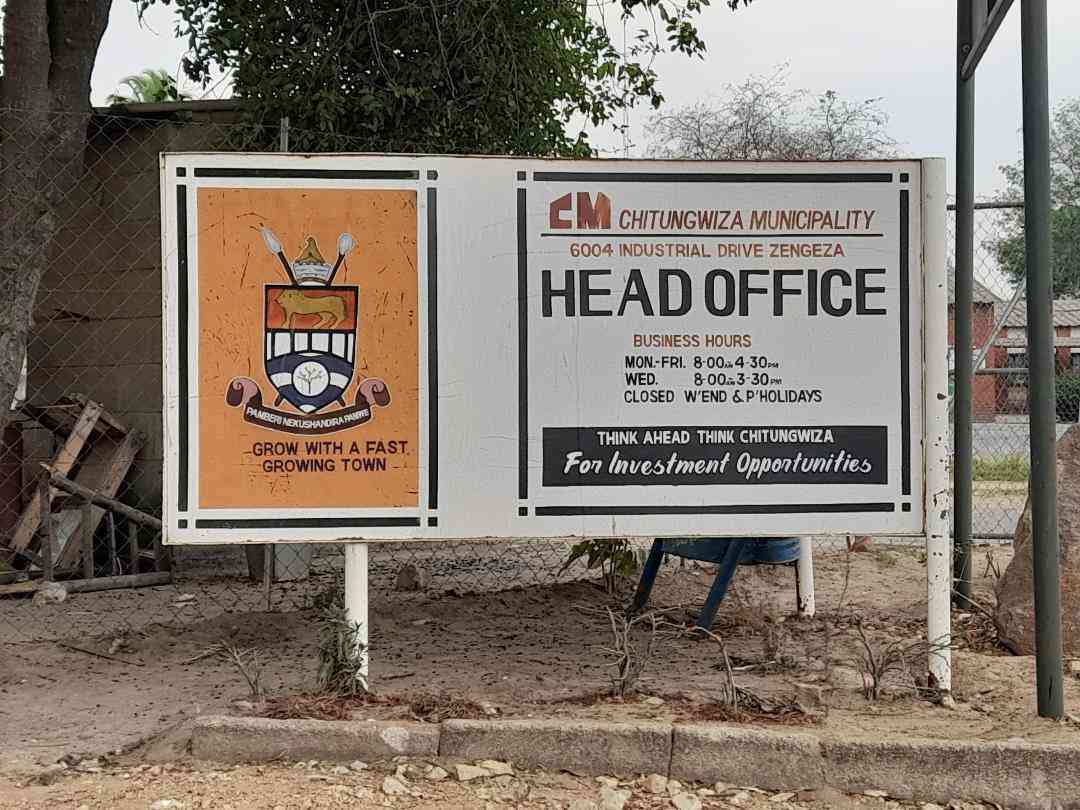
THE Constitutional Court (ConCourt) bench has upheld a High Court judgment that stopped Chitungwiza Municipality from mass demolitions saying the order is constitutionally invalid.
High Court judge Justice Never Katiyo had condemned the pervasive practice of demolishing residential properties by local authorities using outdated laws.
In his judgment handed down on October 16, 2020, Justice Katiyo had ruled that the provisions of sections 32 and 37 of the Regional, Town and Country Planning Act should be repealed.
Justice Katiyo made the judgment in a case in which Chitungwiza Municipality had relied on the law to issue demolition orders.
Katiyo had declared section 32(2)(c) and (d) of the Regional, Town and Country Planning Act as well as section 37(1)(a)(i) of the Regional, Town and Country Planning Act as ultra vires to section 74 of the Constitution.
The judge had also ruled that the demolition order issued by Chitungwiza Municipality on October 8, 2020 was invalid.
He further ruled that local authorities should follow due process and procedural safeguards provided in terms of section 74 of the Constitution, which guarantees freedom from arbitrary eviction.
Justice Katiyo ruled that the impugned provisions of the Regional, Town and Country Planning Act do not provide a reasonable limitation of the right to freedom from arbitrary eviction.
- Chitown workers unpaid for 5 months
- Zanu PF will not write the judgement in this court: prosecutor told Biti
- Chitown workers unpaid for 5 months
- Zanu PF will not write the judgement in this court: prosecutor told Biti
Keep Reading
The Minister of Local Government and Public Works (Daniel Garwe), the Minister of Justice, Legal and Parliamentary Affairs (Ziyambi Ziyambi) and Attorney-General Virginia Mabhiza as well as Chitungwiza Municipality were cited as respondents.
In that application, Chitungwiza Residents Trust, represented by Tinashe Chinopfukutwa, Kelvin Kabaya and Paidamoyo Saurombe of Zimbabwe Lawyers for Human Rights, had asked the High Court to issue an order impugning section 32(2)(c) and (d) as well as section 37(1)(a)(i) of the Regional, Town and Country Planning Act.
Chinopfukutwa, Saurombe and Kabaya sought an order declaring offending provisions of the Regional, Town and Country Planning Act constitutionally invalid.
However, the full ConCourt bench comprising Justices Elizabeth Gwaunza, Bharat Patel, Paddington Garwe, Rita Makarau, Annie Gowora, Ben Hlatshwayo and Nicholas Mathonsi all agreed that the demolition order was unconstitutional.
The Chitungwiza Municipality had published a demolition order and identified areas in St Mary’s, Zengeza, Seke and Nyatsime, where they alleged there were illegal structures.
After hearing the arguments from both parties’ legal representatives, the ConCourt bench agreed with the submissions of the residents saying the proportionality principle may be regarded as being central to the functioning of a constitutional democracy, but in analysing the criteria, it should be accepted that the power given to local authorities to demolish unapproved structures constitutes a valid and important purpose in every urban environment.
The judges said, however, the importance of freedom from arbitrary eviction or demolition guaranteed by s74 of the Constitution cannot be overemphasised, saying it ensures that structures that have been constructed as homes are safeguarded against demolition and consequent eviction without a court order obtained after full consideration of all the relevant circumstances, in compliance with the strictures of the rule.
“The justification for demolition, for example, the interests of town planning, does not, in my view, suffice to override the requirements of due process and thereby warrant the infringement of s74,” the judges concurred.
“In short, the modalities permitted by the impugned provisions of the Act to attain the legitimate purpose of town planning are unduly excessive and disproportionate in that they occasion greater harm to the rights entrenched in s74 than is reasonable or necessary for achieving that purpose.
“The impugned provisions do not pass constitutional muster and must, therefore, be invalidated,” they ruled.










